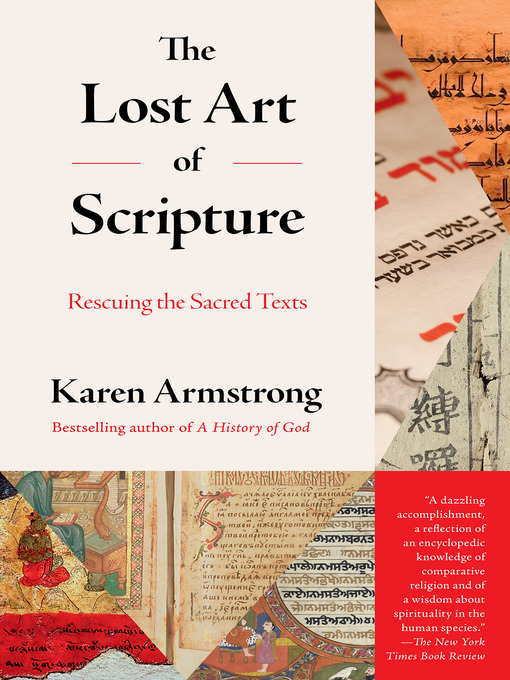- Available now
- New eBook additions
- New kids additions
- New teen additions
- Most popular
- Try something different
- See all
-
Description
-
Details
-
Reviews
In this timely and important book, one of the world's leading commentators on religious affairs examines the lost art of Scripture as a medium to lift humanity and change our perception of reality while evading logical explanation.
Today the Quran is used by some to justify war and acts of terrorism, the Torah to deny Palestinians the right to live in the Land of Israel, and the Bible to condemn homosexuality and contraception.
The significance of Scripture—the holy texts at the centre of all religious traditions—may not be immediately obvious in our secular world but its misunderstanding is perhaps the root cause of most of today's controversies over religion. In this timely and important book, one of the world's leading commentators on religious affairs examines the meaning of Scripture.
Today holy texts are not only used selectively to underwrite sometimes arbitrary and subjective views: they are seen to prescribe ethical norms and codes of behaviour that are divinely ordained—they are believed to contain eternal truths. But as Karen Armstrong shows in this fascinating trawl through millennia of religious history, this peculiar reading of Scripture is a relatively recent, modern phenomenon—and in many ways, a reaction to a hostile secular world. For most of their history, the world's religious traditions have regarded these texts as tools for the individual to connect with the divine, to transcend their physical existence, and to experience a higher level of consciousness that helped them to engage with the world in more meaningful and compassionate ways.
Scripture was not a "truth" that had to be "believed." Armstrong argues that only if the world's religious faiths rediscover such an open and spiritual engagement with their holy texts can they curtail the arrogance, intolerance and violence that flows from a narrow reading of Scripture as truth.

OverDrive Read
- ISBN: 9780345812360
- Release date: November 5, 2019
EPUB ebook
- ISBN: 9780345812360
- File size: 1625 KB
- Release date: November 5, 2019

Loading
